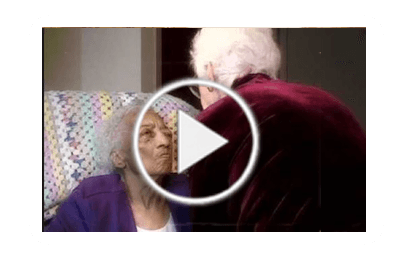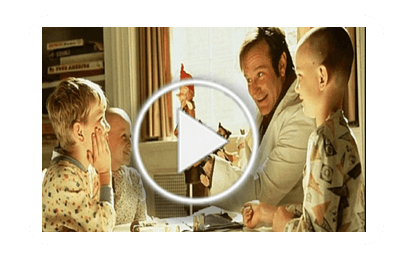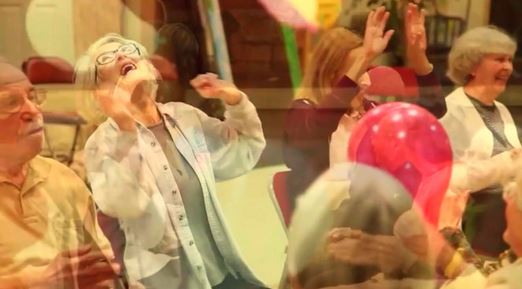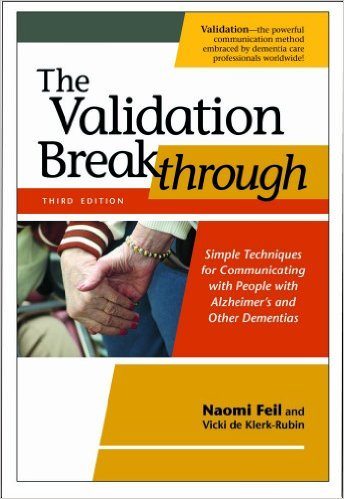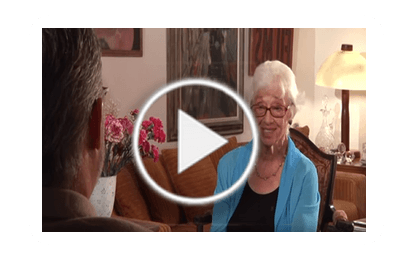Irritated and rushed, Debby bursts into the room of Mrs. Abbyton. Mrs. Abbyton has dementia and is still asleep, but as a result of Debby’s noise and her coldness, Mrs. Abbyton startles awake.
In the dimly-lit room, Mrs. Abbyton sees someone approaching her fast. Mrs. Abbyton’s amygdale switches on and yells “Danger! Danger!”.
The flight mode is on, but since Mrs. Abbyton cannot run away, she shouts “Leave me alone! Go away!”. But Debby is late and behind schedule and wants to hurry up. She takes Mrs. Abbyton by the arm and tries to get her out of bed.
Now the fight mode has been activated: Mrs. Abbyton hits Debby! Furious, Debby leaves the room, slamming the door behind her.
During lunch, Debby tells her colleagues they need to watch out for Mrs. Abbyton, because she is violent. From now on, Debby’s colleagues approach Mrs. Abbyton with caution and anxiety.
Mrs. Abbyton senses the new attitude of the nursing staff (her empathy increases) and she does not respond well to it. She shows less cooperation and there are more violent incidents.
Within six months, Mrs. Abbyton does not speak anymore and she spends entire days in bed.
But Mrs. Abbyton is not violent. Mrs. Abbyton cannot help that her understanding and thinking do not function very well. She cannot help her amygdala taking over. She never asked for her dementia.
The cause of Mrs. Abbyton’s violence is Debby’s bad mood. Debby should have thought of this before she entered Mrs. Abbyton’s room:
– Mrs. Abbyton has dementia
– Her empathetic feelings are strong
– Her understanding and thinking functions poorly
– Therefore, I must be careful not to activate Miss Abbyton’s amygdala
A different start of the day
Debby stands in front of Mrs. Abbyton’s room. She is aware of her irritation and frustration caused by the fight with her boyfriend. With these emotions she cannot go in, she knows.
She takes a deep breath from her nose to her stomach, breathes out through her mouth and repeats this three times.





